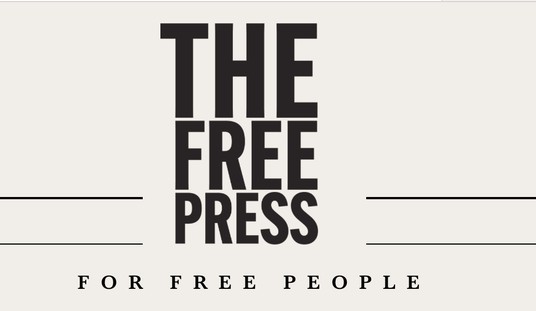Frustrated with the slow pace at which the Democrat-dominated Congress was working to pass the massive health care reform bill he championed by the early spring of 2010, President Barack Obama insisted that it was past time for the Senate to call an up or down vote on the law. Knowing, however, that the bill would not be able to overcome a filibuster by the Senate’s 41 Republican members, Obama and the Senate’s Democratic leadership proposed using the budgetary process known as reconciliation in order to pass the bill with a simple majority.
“White House officials will make the argument these rules are perfectly appropriate because the procedure is not being used for the whole bill, just for some fixes,” ABC News reported at the time, “because reconciliation rules are traditionally used for deficit reduction and health care reform will reduce the deficit; and because the reconciliation process has been used many times by Republicans for larger legislation such as the tax cuts pushed by President George W. Bush.”
This is a generous interpretation of the Democratic Party’s approach to passing Obamacare. National Review’s James Capretta observed that the process by which the ACA became law was far more duplicitous than merely passing a handful of “fixes” via the reconciliation process:
They created a separate bill, with scores and scores of legislative changes that essentially became the vehicle for a House-Senate conference on the legislation. That bill was designated a reconciliation bill. Then they passed the original Senate bill through the House on the explicit promise that it would be immediately amended by this highly unusual reconciliation bill, which then passed both the House and Senate a few days later, on an entirely party-line vote.
“Reconciliation was created for the express purpose of giving Congress an expedited process for making changes to just this kind of spending and tax policy,” he wrote. “Obamacare is thus a very ripe target for budget cutting, and that means reconciliation.”
Senate Republicans have been investigating parliamentary avenues that would allow them to dismantle the ACA via reconciliation with little success since the party retook the majority in the upper chamber. On Wednesday, the party rolled out a budget proposal that tackles ballooning costs associated with entitlement programs like Medicare and Medicaid. But the budget doesn’t stop at the Great Society’s entitlements.
“[Sen. Mike Enzi (R-WY)] counterpart in the House, Rep. Tom Price (R-Ga.), said on Tuesday that House Republicans will use reconciliation to repeal Obamacare provisions ‘in their entirety’ — partly an attempt to force Obama to vetoing a rollback of his signature domestic policy achievement,” Politico reported.
On reconciliation, the Senate GOP budget calls on two key committees that oversee Obamacare — Senate Finance and Senate Health, Education, Labor and Pensions — to each find at least $1 billion in deficit-reduction savings from the health care law by July 31.
That number was set intentionally low, according to the committee, to give senators some flexibility on their health-care response depending on how the Supreme Court rules in King vs. Burwell, which targets the subsidies under Obamacare given to lower-income individuals so they can buy coverage on the health-care exchanges.
If the court rules against the Obama administration and the subsidies are no longer allowed, Congress will be hard-pressed to come up with a quick response. A decision is expected in late June.
“I think reconciliation language will be a motivating reason for I think many of us to lean toward supporting the budget,” said Rep. Jim Jordan of a House Budget Committee’s proposal which also uses the budgetary tool to repeal the Affordable Care Act but proposes deeper cuts to existing social programs than does the Senate’s budget plan.
“Jordan added that he hopes reconciliation — which helps the GOP to bypass a filibuster in the Senate — will keep ObamaCare “front and center” ahead of the 2016 presidential campaign,” The Hill reported.
Democrats contend that this process is a waste of legislative effort since the president will never sign a budgetary proposal that does away with the ACA, but Jordan’s comments indicate that the congressional GOP is looking past the Obama presidency and toward the 2016 campaign. A bill that undoes the Affordable Care Act would communicate to the electorate that the Affordable Care Act is far from settled law.








Join the conversation as a VIP Member